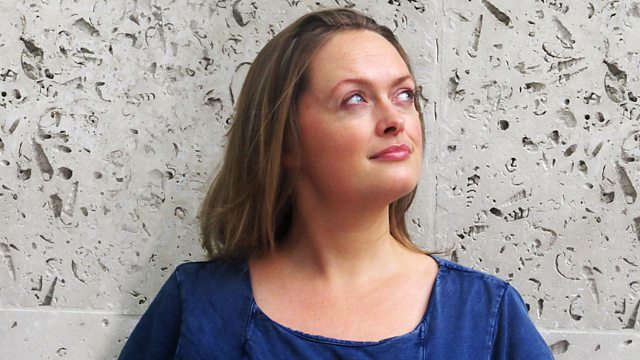mRNA vaccinations; bacterial space miners; Artemis accords
How do the new type of mRNA vaccines work actually work? Marnie Chesterton finds out, and also looks at the new international agreements around mining in Space.
Scientists this week announced hopeful results in two of the big COVID-19 vaccination trials. Trudie Lang, Professor of Global Health at the Nuffield Department of Medicine, Oxford, describes some of the methodology used, what the efficacy statistic means, and how the novel approach of inserting mRNA rather than deactivated virus parts, is so exciting.
Prof Charles Cockell has been investigating how bacteria might be grown in space on lumps of asteroid to extract precious minerals, and as Kim McAllister reports, his lab is itself in orbit.
And it is just a few weeks since the UK, and several other countries, signed up to a set of bilateral agreements with the US called the Artemis Accords. These are an attempt to update previous outer space treaties on how countries - and indeed companies - might mine and use resources in space, given that no-one can currently legally claim sovereignty. As Dr Thomas Cheney of the Open University and Prof Jill Stuart of the LSE describe, the Accords have been greeted in certain quarters with some discord.
Presented by Marnie Chesterton
Produced by Alex Mansfield
Made in collaboration with The Open University.
Last on
![]()
大象传媒 Inside Science is produced in partnership with The Open University.
Broadcasts
- Thu 12 Nov 2020 16:30大象传媒 Radio 4
- Thu 12 Nov 2020 21:00大象传媒 Radio 4
Explore further with The Open University
大象传媒 Inside Science is produced in partnership with The Open University.
Podcast
-
![]()
大象传媒 Inside Science
A weekly programme looking at the science that's changing our world.



